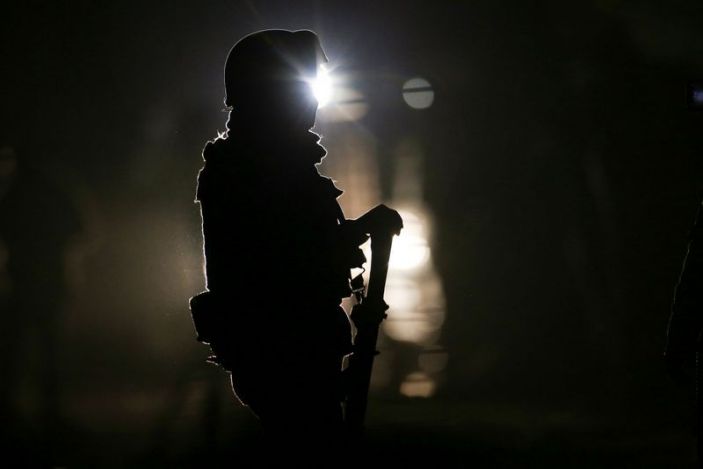Mexico is a country that faces many challenges in terms of human rights and democracy, especially due to the high levels of violence, insecurity and impunity that affect its population.
According to the Situation of Human Rights in Mexico report by the Inter-American Commission on Human Rights (IACHR), Mexico suffers from a context of violence that has resulted in forced disappearances, extrajudicial executions, torture, and violations of the rights of journalists, human rights defenders, indigenous peoples, women, migrants, and other vulnerable groups.
One of the main indicators of insecurity in Mexico is the crime rate, which measures the number of crimes committed per 100,000 inhabitants. According to Statista, Mexico had a crime rate of 1,160.5 in 2021, which was higher than the global average of 1,000. The most common types of crimes in Mexico were theft, robbery, fraud, extortion, and homicide³. The states with the highest crime rates were Guanajuato, Baja California, Colima, Chihuahua, and Zacatecas.
Another indicator of insecurity in Mexico is the homicide rate, which measures the number of intentional killings per 100,000 inhabitants. According to Statista, Mexico had a homicide rate of 27.4 in 2020, which was one of the highest in the world and in Latin America. The states with the highest homicide rates were Guanajuato, Baja California, Chihuahua, Colima, and Michoacán.
The causes of insecurity in Mexico are complex and multifaceted, but some of the main factors are the presence and activities of organized crime groups, the corruption and inefficiency of the state institutions responsible for security and justice, the lack of social and economic opportunities for large sectors of the population, and the historical and structural inequalities and discrimination that affect certain groups.
The consequences of insecurity in Mexico are also severe and widespread, affecting not only the victims and their families, but also the society as a whole. Insecurity undermines the rule of law, the respect for human rights, the quality of democracy, the social cohesion, the economic development, and the trust in public institutions.
Therefore, addressing insecurity in Mexico is a priority and a responsibility for all actors involved: the government at all levels, the civil society organizations, the media, the academic sector, the international community, and the citizens themselves. It requires a comprehensive and coordinated approach that tackles both the causes and the effects of violence and crime, that respects and protects human rights and due process guarantees, that promotes transparency and accountability in public administration, that fosters social participation and dialogue among different sectors and groups.
Insecurity in Mexico is a challenge that can be overcome with collective will and action. It is also an opportunity to build a more peaceful, just, inclusive, and democratic society.
TYT Newsroom


